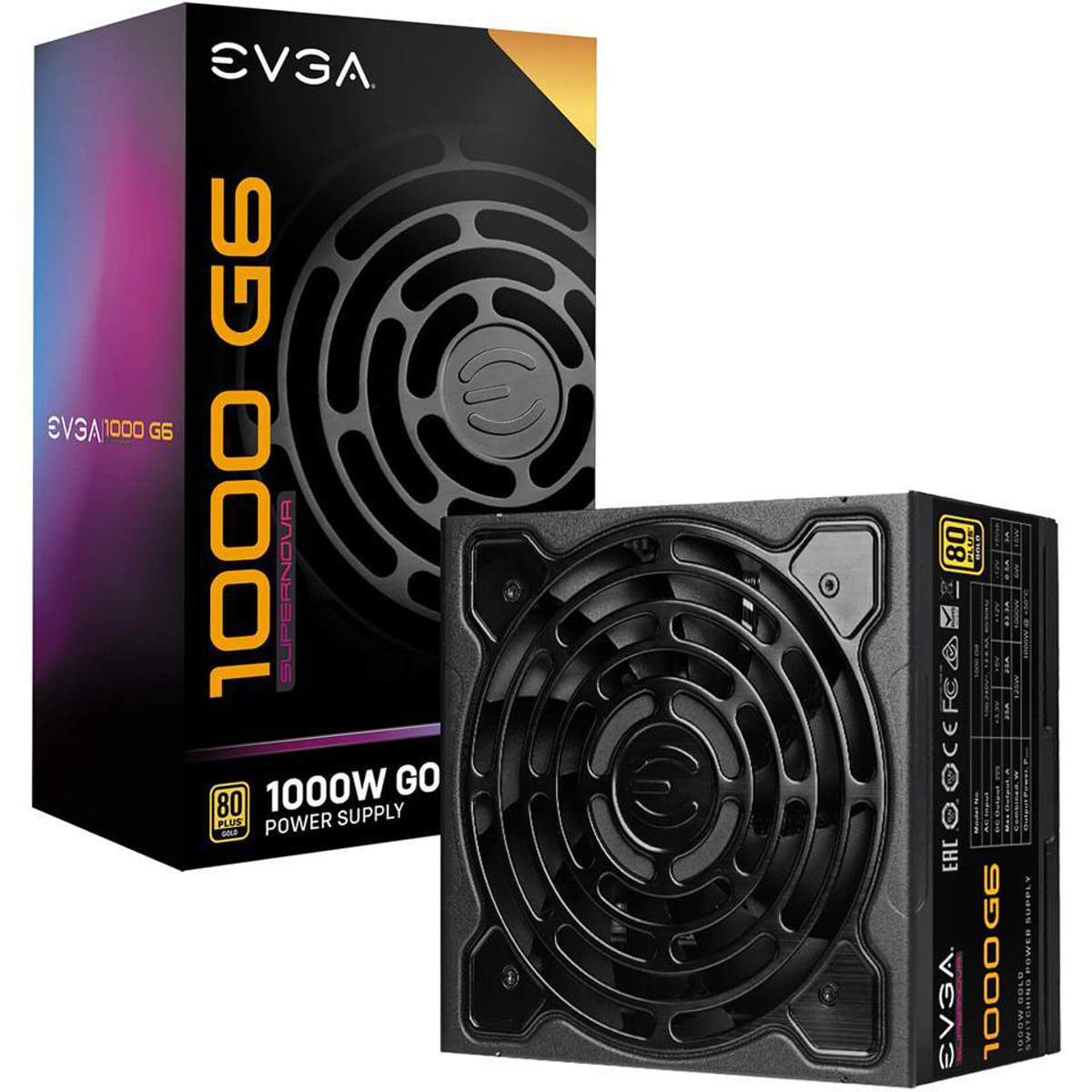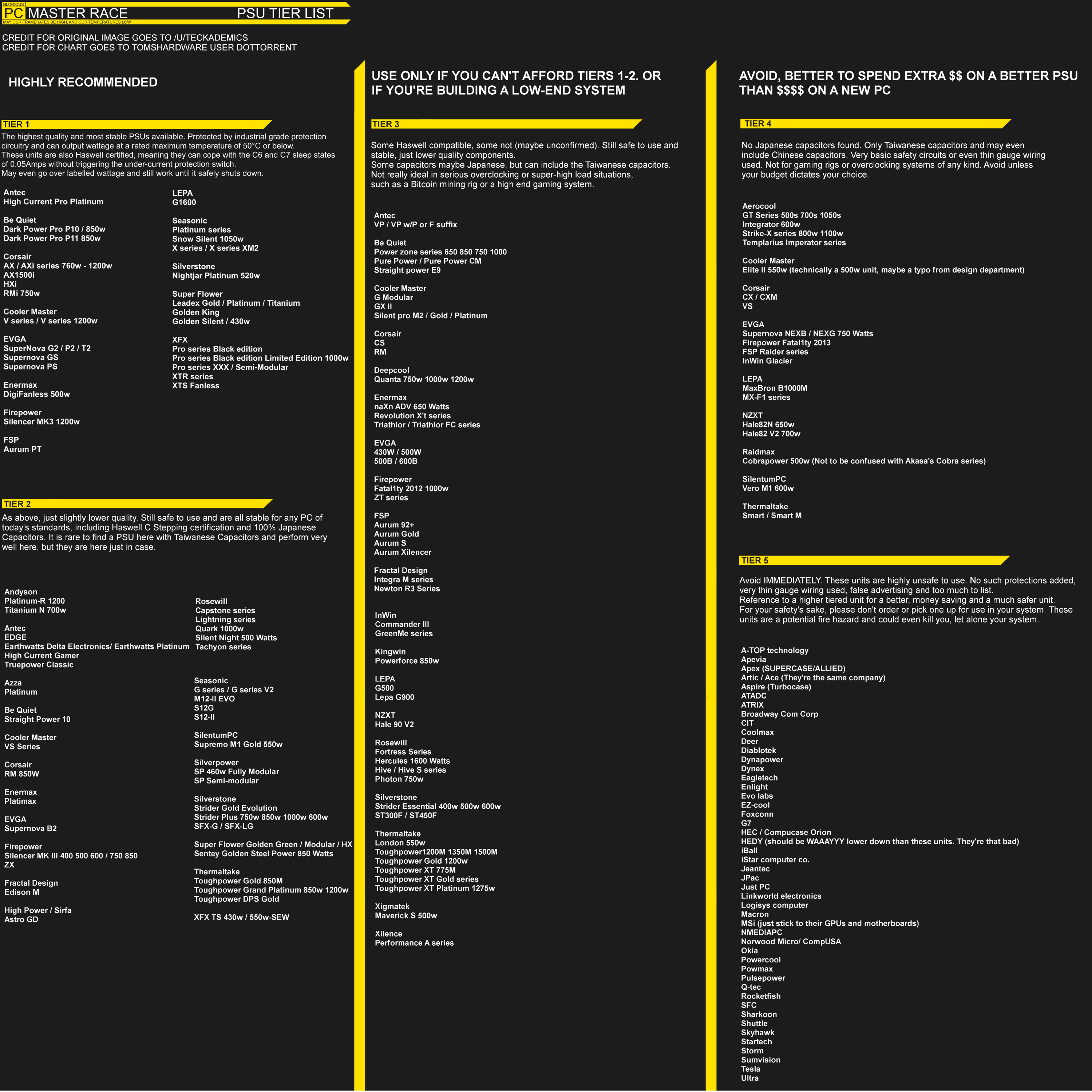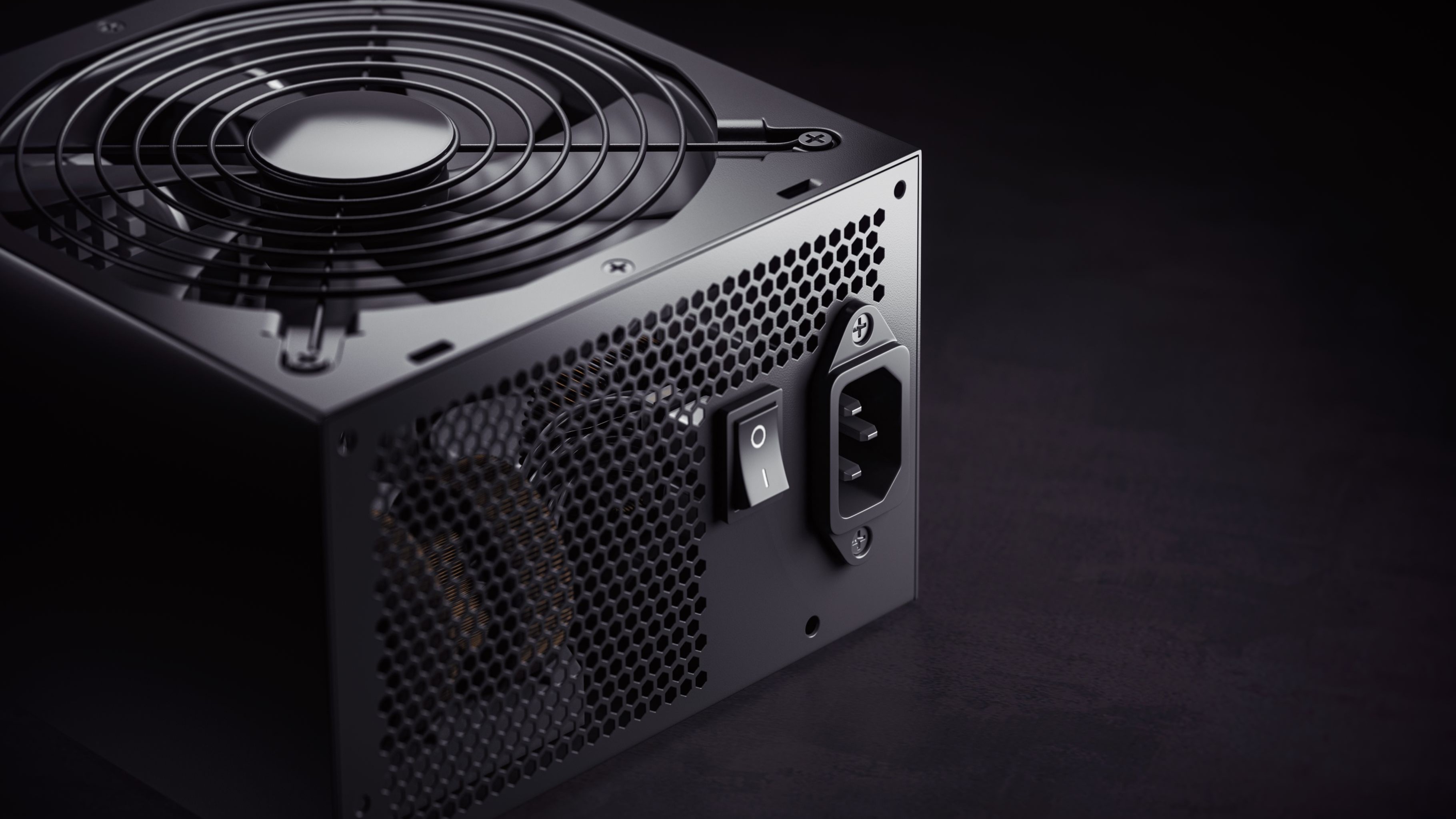PSU Tier List - Finding The Right Power
Picking out parts for a computer can feel a bit like putting together a puzzle, with each piece needing to fit just right. Among all the components, the power supply unit, often called a PSU, is kind of like the heart of the whole setup. It gives all the other parts the energy they need to work. Knowing which one to pick can feel a little tricky, and that's where something like a PSU tier list can really come in handy, helping people sort through all the different options available to them.
You know, for a lot of people building or upgrading their systems, getting some help from others who have looked into these things can make a big difference. It's pretty common for folks to share what they've learned, especially when it comes to something as important as making sure your computer has steady, reliable electricity. These shared bits of wisdom, like a collective view on different power units, can really shape how people think about what to buy.
And so, you see these ideas about which power supplies are good, or maybe not so good, they tend to grow and shift. What was considered a solid choice yesterday might be viewed a bit differently today, perhaps because new models come out, or perhaps because people discover more about how certain units perform over time. It’s a pretty lively area, with new thoughts and information popping up all the time, so, you know, keeping up with it is kind of an ongoing thing.
Table of Contents
- What Makes a PSU Tier List Useful?
- How Do PSU Tier Lists Come About?
- Why Do PSU Tier Lists Change Over Time?
- What Does a PSU Tier List Tell You?
- What Makes a Top-Level PSU Tier List Item?
- What About Lower-Ranked PSU Tier List Items?
- Is Relying on a PSU Tier List the Only Way?
- What to Keep in Mind About Any PSU Tier List
What Makes a PSU Tier List Useful?
So, you might wonder, what's the big deal with these lists anyway? Well, pretty much, they give folks a quick way to sort through a lot of different power supplies. Think about it: there are so many brands and models out there, it's pretty hard to keep track of them all. A list that puts them into groups, like "really good" or "just okay," can save you a bunch of time and worry. It’s like getting a quick overview, you know, before you get into all the tiny details.
For someone who just wants to build a computer without getting a degree in electrical engineering, these lists are a real help. They take a lot of the guesswork out of choosing a component that, frankly, is pretty important but also not always the most exciting to research. It’s a bit like having someone who has already done a lot of looking around give you their best suggestions. This kind of information, you know, it helps people make smart choices without having to become an expert themselves, which is pretty cool.
How Do PSU Tier Lists Come About?
It’s kind of interesting how these lists get put together. Sometimes, a single person or a small group of folks with a lot of experience in computer parts will start one. Someone mentioned making an "excel sheet to psu tier list rev," which shows it often begins as a personal project, a way for one person to organize their own thoughts and findings. These initial efforts, you know, they often grow out of a real desire to help others by sharing what they’ve learned.
Then, what often happens is that these personal lists get shared with a wider group. Like, someone talked about a "dedicated discussion thread for psu tier list," which is where people can talk about it, ask questions, and offer their own views. It’s a community effort, really. People pitch in, they discuss things, and that helps to refine the list over time. It’s not just one person’s idea anymore; it becomes something that many people have contributed to, which, you know, adds a lot of value to it.
There was even talk about how a particular "psu tierlist" was "released" by "ztt and others in his community," and that it was "aimed at replacing the outdated cultists network tierlist." This tells us a lot about how these lists evolve. They’re often community projects, not something put out by a big company. It's pretty much a group of enthusiasts working together to create something helpful for everyone else who builds computers. And, you know, they do this because they want to share good information.
Why Do PSU Tier Lists Change Over Time?
You might wonder why a "psu tier list" would ever need to be updated, or why one version might become "end of life." Well, things in the computer world move pretty fast, you know? New power supply models come out all the time, and some older ones might stop being made. So, a list from a year ago might not have all the latest information, or it might include models that are hard to find now. It's just the nature of technology, really.
Also, sometimes people discover new things about power supplies that have been out for a while. Maybe a particular model, which seemed fine at first, starts showing some issues after a lot of use. Or, perhaps, new ways of testing power supplies come along, giving a clearer picture of how they truly perform. So, a list needs to be refreshed to include this new understanding. It's pretty much a living document, always getting a bit of a tweak here and there to stay current.
The idea of one list "replacing the outdated cultists network tierlist" really shows this process in action. As a matter of fact, it's pretty common for a group of people to feel like an existing resource isn't quite cutting it anymore, so they decide to put together something new. This means that these lists are always trying to get better, to be more accurate, and to give the most helpful advice possible. It's a continuous effort, you know, to keep things fresh and relevant.
What Does a PSU Tier List Tell You?
So, when you look at one of these lists, what kind of information are you really getting? Basically, a "psu tier list" tries to sort power supplies into different levels, usually from best to worst. The idea is that if you pick something from the top of the list, you’re getting a really good, reliable unit. If you pick from the bottom, well, you might be taking a bit of a chance, or it might just be for very basic needs. It gives you a general sense of quality, you know, pretty quickly.
It also helps you think about what you need for your own computer. If you’re building a really powerful machine with lots of expensive parts, you’ll probably want to choose a power supply from a higher tier. But if you’re just putting together something simple for everyday tasks, a unit from a slightly lower tier might be perfectly fine and save you some money. It’s about matching the power supply to the job it needs to do, which, you know, makes a lot of sense.
What Makes a Top-Level PSU Tier List Item?
When someone says a particular power supply is "absolute s tier," like they did for Seasonic, what does that really mean? Well, generally speaking, it means that unit is considered really, really good. These are the power supplies that offer very stable power delivery, which is super important for keeping your computer parts safe and running smoothly. They often use high-quality parts inside, which means they tend to last a long time and perform well under different conditions. You know, they're built to be dependable.
Units at the very top of a "psu tier list" also tend to have excellent protections built in. This means if something goes wrong, like a sudden surge in electricity, the power supply is designed to protect your other computer components from getting damaged. They also might run quieter or be more efficient, meaning they waste less electricity as heat. So, pretty much, an "S tier" unit is about top-notch performance, reliability, and safety. It's about giving you peace of mind, really.
What About Lower-Ranked PSU Tier List Items?
On the flip side, when someone mentions a brand like Gigabyte being "f tier," what kind of message is that sending? It usually suggests that these units have some serious drawbacks. This could mean they don't deliver power as steadily, which can be bad for your computer's health over time. They might use less reliable internal components, making them more likely to fail sooner. Or, perhaps, their safety features aren't as strong, meaning they might not protect your other parts if something goes wrong. It's a pretty clear warning, you know, to be careful.
It's not always about outright failure, but sometimes these lower-tier units can cause subtle problems, like instability in your system or unexpected shutdowns. They might also be very noisy or run very hot, which isn't ideal for a pleasant computing experience. So, while they might be cheaper upfront, the potential for issues down the road makes them less desirable for most people. Basically, they might save you a little money now, but they could cause bigger headaches later, which, you know, nobody wants.
Is Relying on a PSU Tier List the Only Way?
So, you’ve got these "psu tier list" resources, and they’re really helpful, but are they the only thing you should look at? Honestly, no. While they give you a great starting point, it’s always a good idea to do a little more checking. Someone mentioned asking "how important tier lists actually are when buying a psu," and that’s a very good question to ask yourself. They're a guide, not the absolute final word on everything.
It’s pretty smart to read some reviews from people who have actually used the power supply you’re thinking about. Look for detailed technical reviews from places that test these units thoroughly. These kinds of reviews can give you more specific information about how a unit performs, like how much noise it makes or how well it handles different loads. So, combining a tier list with a few in-depth reviews is usually the best approach, you know, to get a full picture.
Also, remember that these lists are often community efforts. Someone pointed out that "Neither the tier list at ltt forum not cultists.network are related to linus, ltt or lmg," and that these lists are "originally a community project by members of said forum and was simply." This means they represent the collective view of a group, which is valuable, but it's not an official endorsement from a big company or a single, all-knowing expert. It’s like getting advice from a group of friends who know a lot about computers, which is great, but you still make your own choice, you know?
What to Keep in Mind About Any PSU Tier List
When you're looking at a "psu tier list," there are a few things to keep in mind to make the most of it. First, always try to find the most recent version. As we talked about, these lists get updated, so an older version might not have the latest information. Someone mentioned "Psu tier list 4.0 rev,14.8 (end of life) last update," which shows how specific these versions can be and that they do get retired. So, always check the date, you know, to make sure it's current.
Also, remember that different lists might have slightly different opinions. You might "come across the cultists tier list and also found this site for psu tier list," and they might not perfectly agree on every single unit. This is normal, as different people or groups might weigh certain factors differently. It’s good to look at a couple of sources, if you can, to get a broader view. Basically, it’s like getting a second opinion, which is often a pretty good idea.
Finally, always think about your own needs. A list might tell you what's generally good "From budget to the highest end power," but your specific setup might have unique requirements. Do you need a lot of wattage? Do you care more about quiet operation? These personal considerations should always guide your final choice, even with a great list in front of you. It’s pretty much about using the list as a helpful tool, not as the only thing that matters, you know, for your particular situation.

Ltt Psu Tier List 2023 Outlet Collection | www.pinnaxis.com

Psu tier list - dadmiss

PSU Tier List